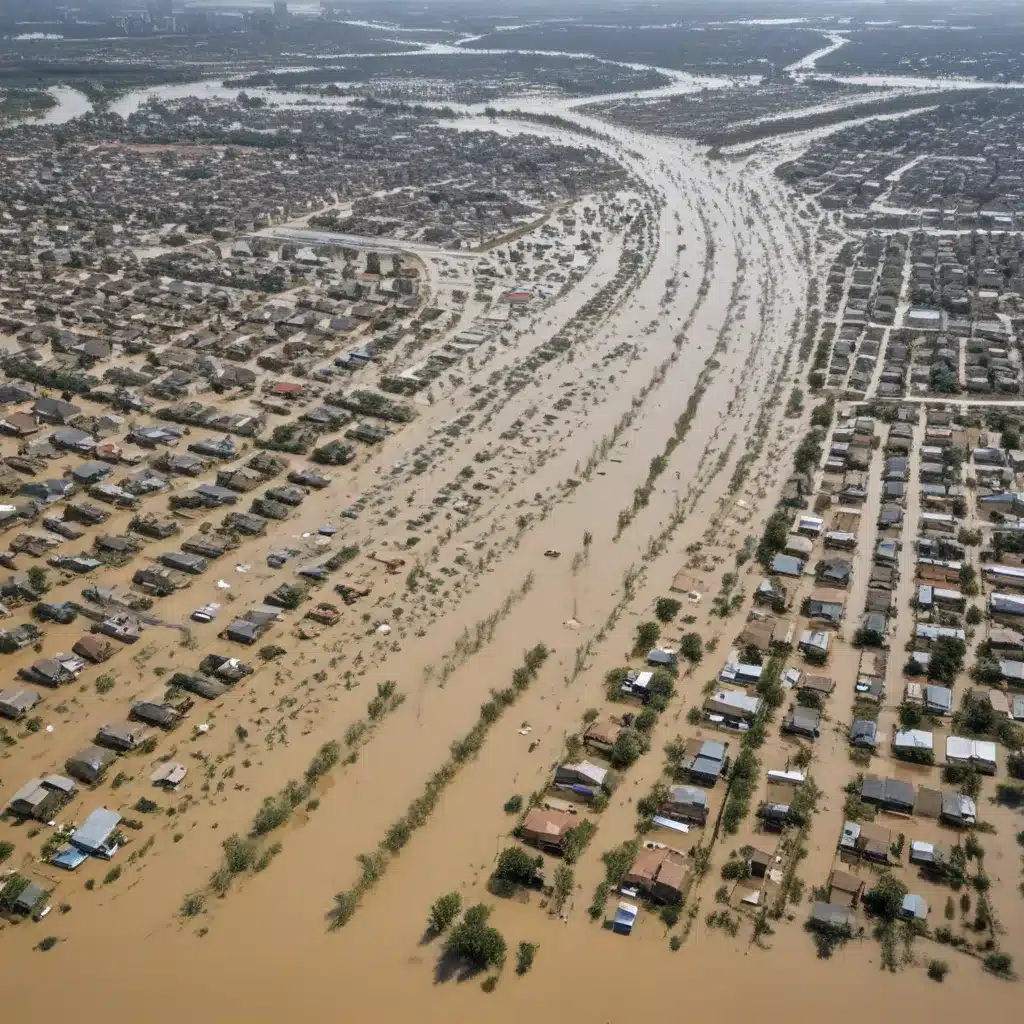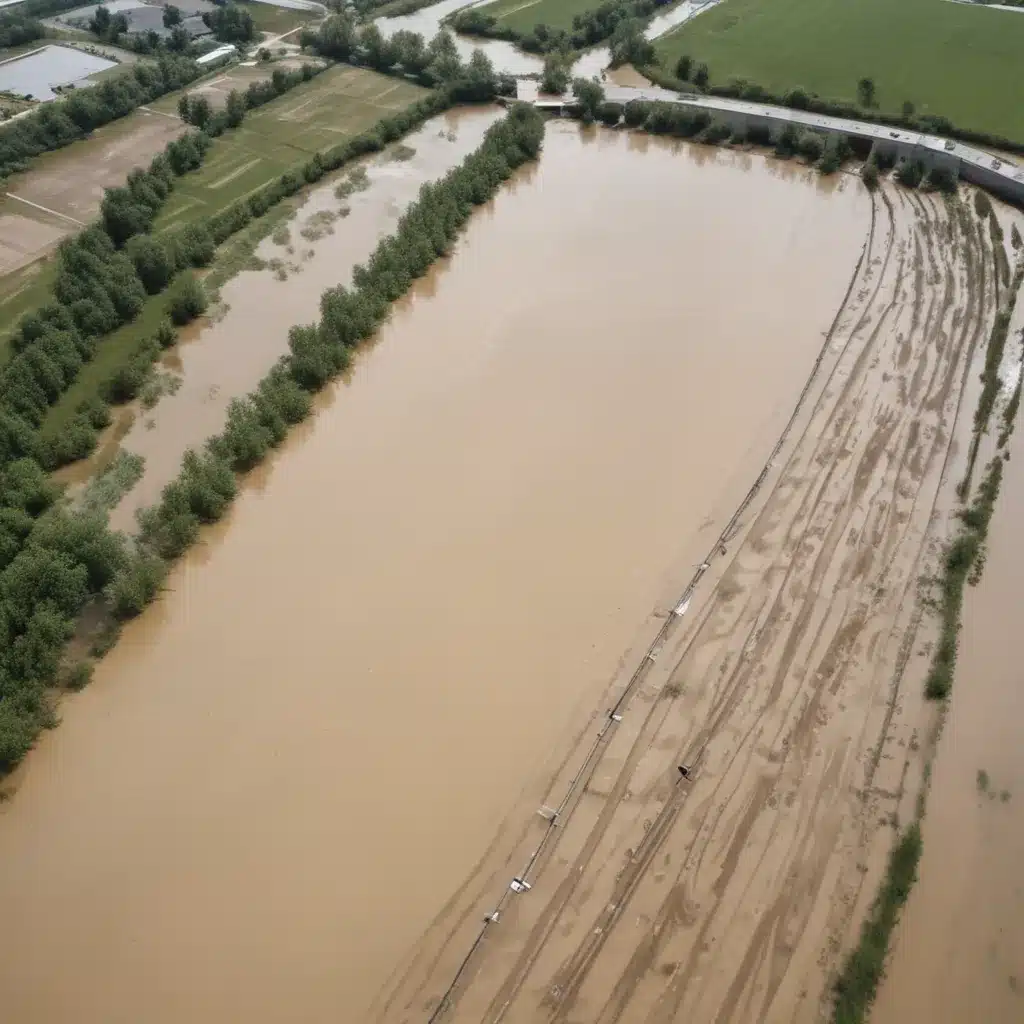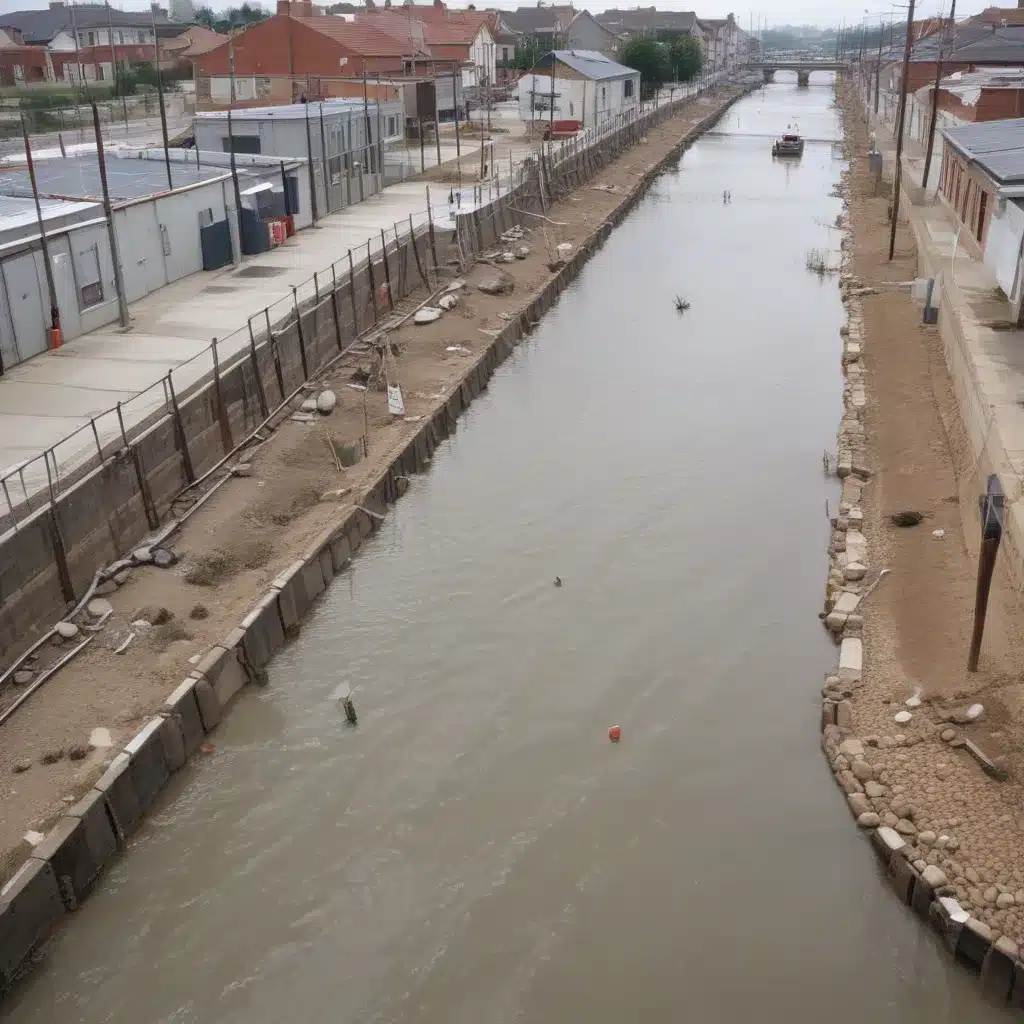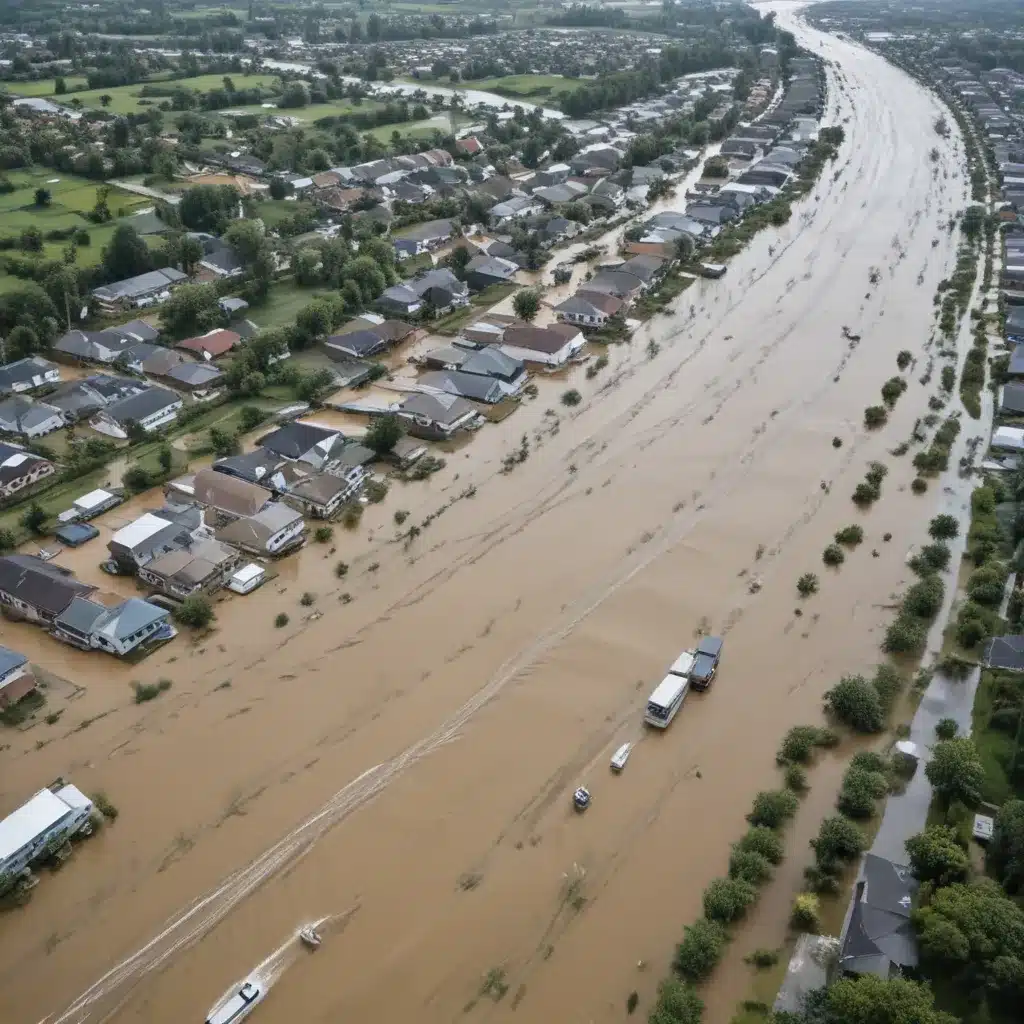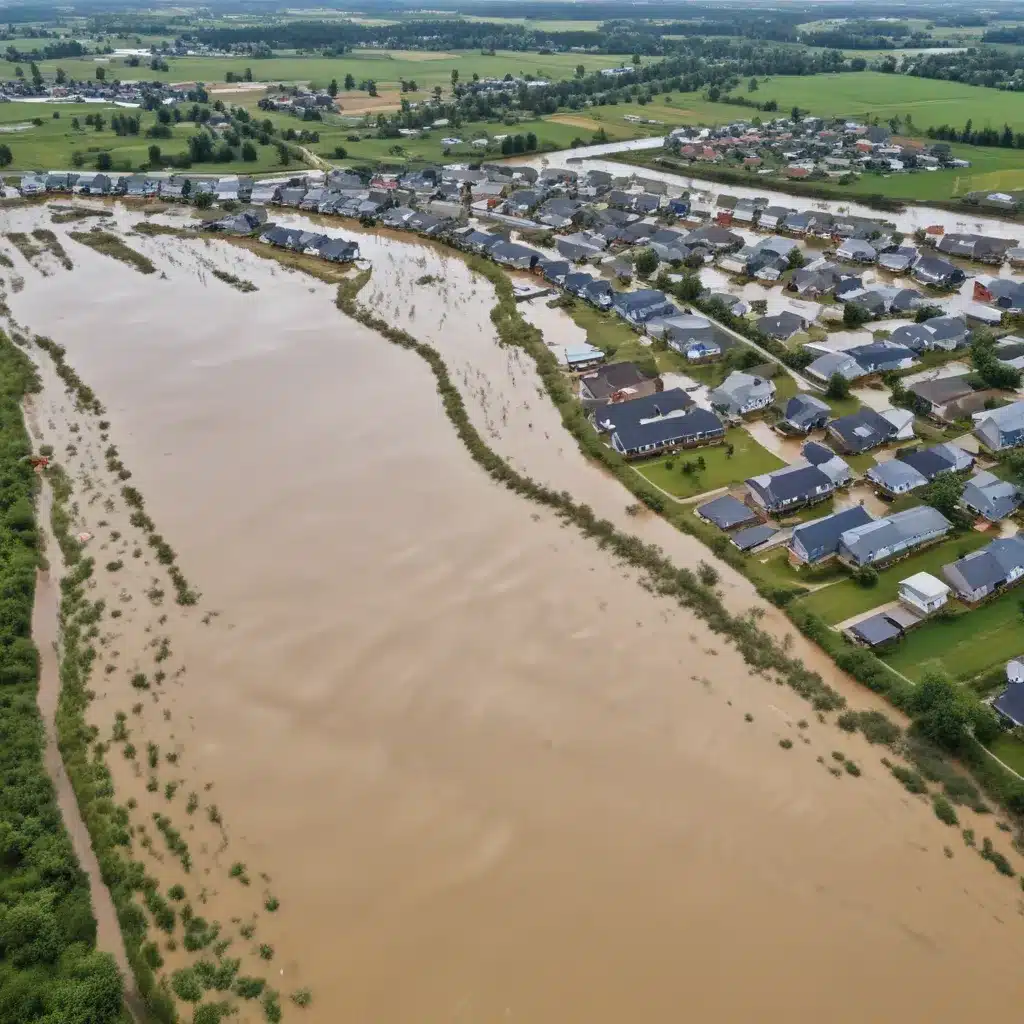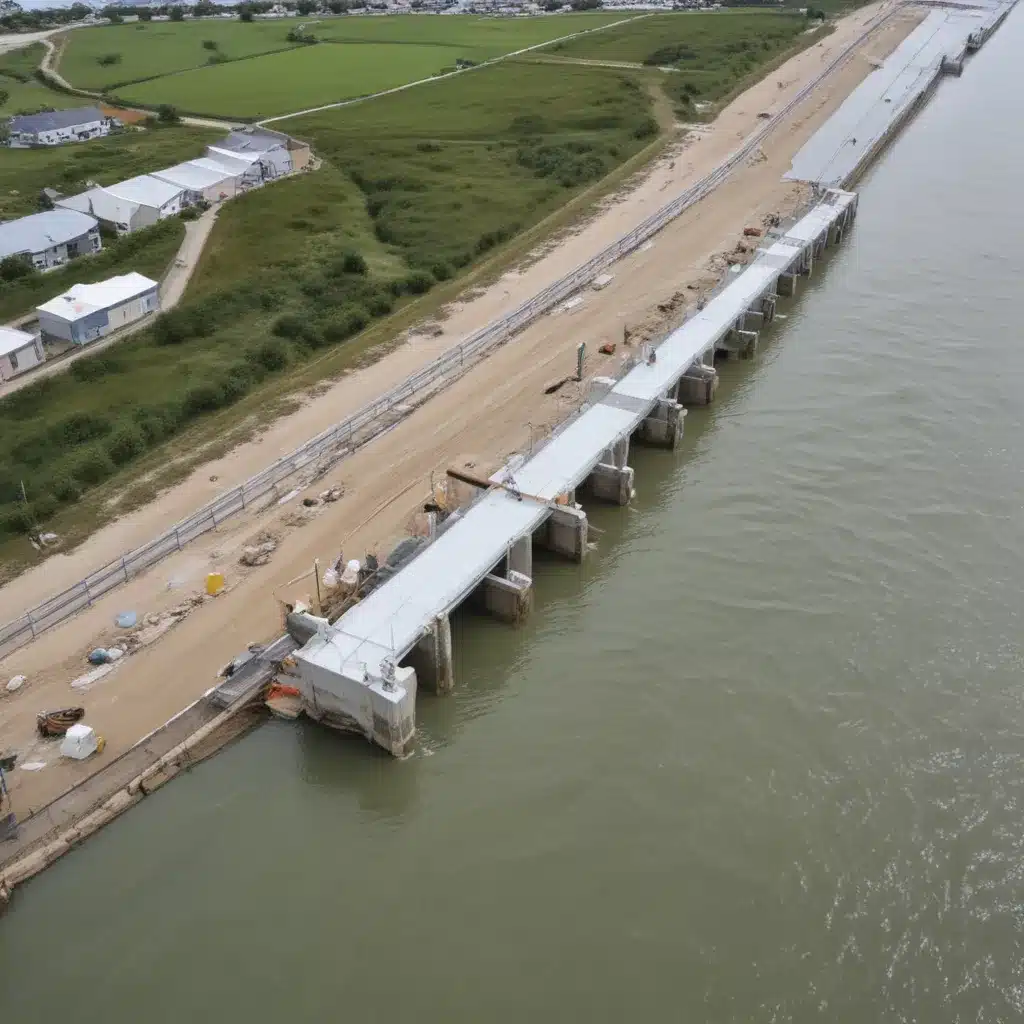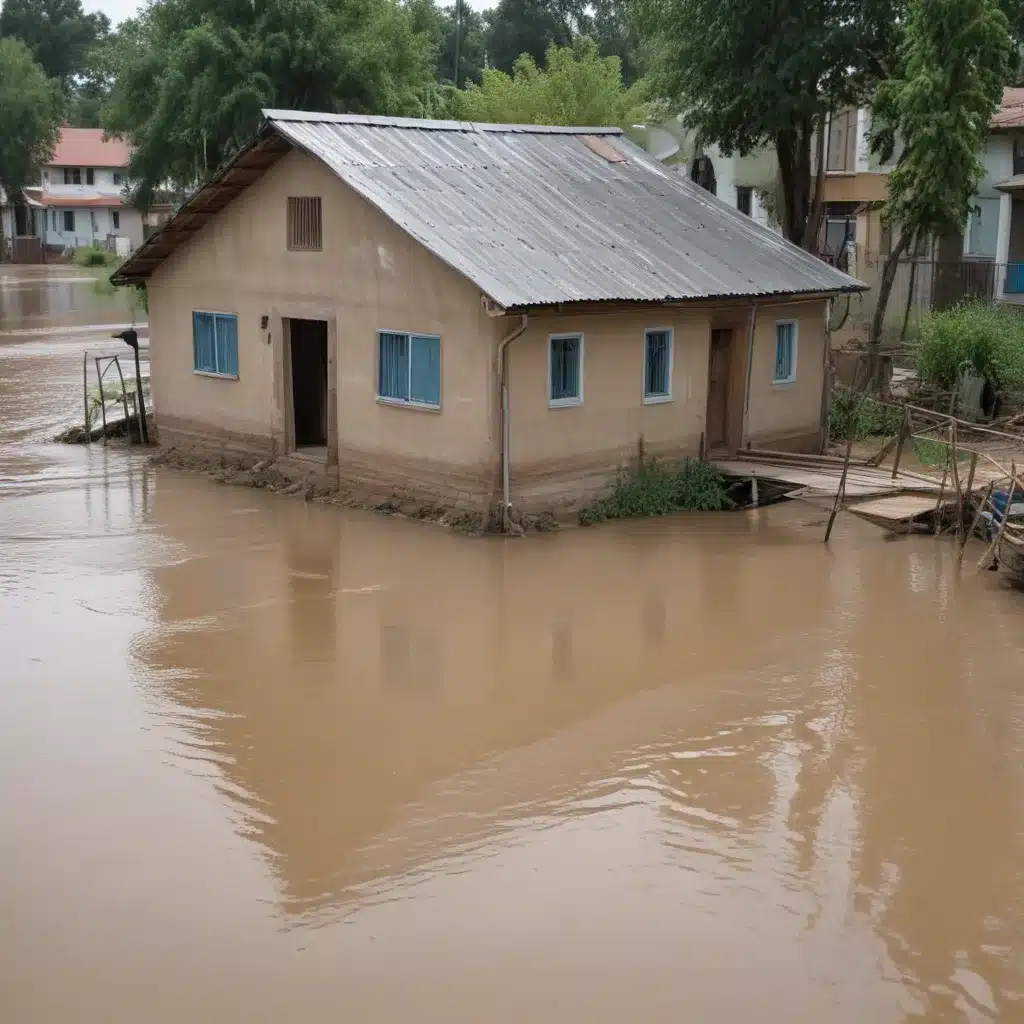Climate change is an urgent global crisis that has far-reaching impacts on various aspects of our lives. While the physical consequences of climate change, such as rising temperatures and extreme weather events, have been widely discussed, the link between climate change and mental health is often overlooked. In particular, the connection between climate change-induced floods and mental health issues is a topic that deserves closer attention. This article aims to shed light on the untold link between climate change, floods, and mental health, highlighting the importance of addressing this issue for the well-being of individuals and communities.
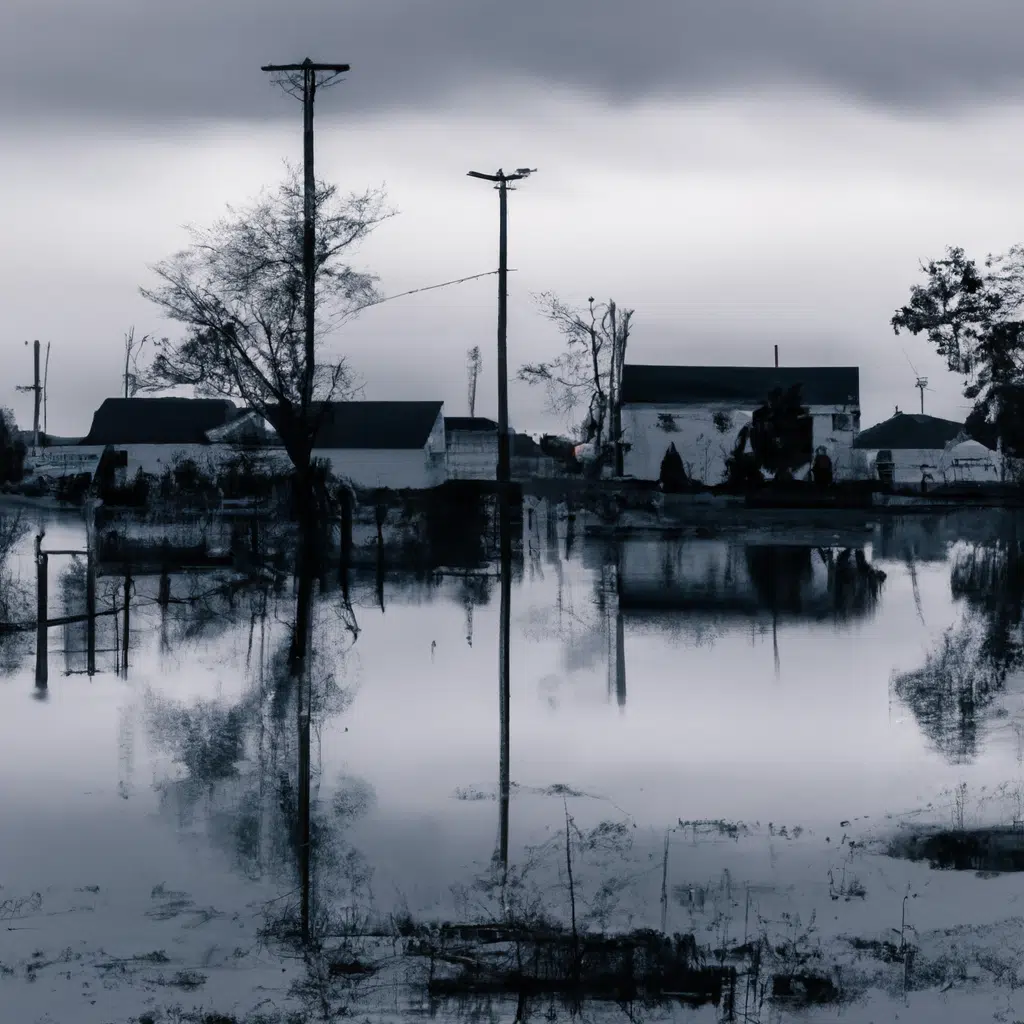
The Devastating Effects of Floods
Floods are among the most destructive and frequent natural disasters worldwide. They can lead to the displacement of communities, destruction of infrastructure, loss of lives, and severe economic consequences. In recent years, the frequency and intensity of floods have been increasing due to climate change. Rising sea levels, changing precipitation patterns, and altered weather conditions contribute to the heightened risk of flooding in many regions.
The Psychological Toll of Floods
Beyond the physical destruction caused by floods, there is a hidden toll on the mental well-being of individuals and communities affected by such disasters. Floods can generate feelings of fear, helplessness, and uncertainty, leading to a range of mental health issues. The traumatic experience of witnessing or surviving a flood can trigger post-traumatic stress disorder (PTSD), anxiety disorders, depression, and other psychological conditions.
Climate Change Amplifies the Risks
Climate change exacerbates the risks associated with floods. As extreme weather events become more frequent and intense, the likelihood of experiencing a flood increases. This constant threat and uncertainty can have a profound impact on mental health, as individuals and communities live in a perpetual state of anxiety and fear. The loss of homes, personal belongings, and even loved ones can further contribute to the psychological distress caused by floods.
Vulnerable Populations at Higher Risk
Certain populations are more vulnerable to the mental health impacts of floods and climate change. Low-income communities, marginalized groups, and individuals with pre-existing mental health conditions are particularly at risk. These groups often lack access to adequate mental health support and resources, making it even more challenging for them to cope with the psychological aftermath of floods and climate-related disasters.
The Importance of Mental Health Support
Recognizing the link between climate change-induced floods and mental health issues is crucial for implementing effective strategies to support individuals and communities in need. Investing in mental health resources, both during and after flood events, is essential. This includes providing access to counseling services, psychological support, and community resilience programs. By prioritizing mental well-being, communities can better withstand the psychological impacts of floods and foster long-term recovery.
Building Resilience and Adaptation
In addition to providing immediate mental health support, building resilience and adaptation strategies can help mitigate the long-term effects of floods on mental well-being. This involves implementing measures to reduce the risk of floods, improving early warning systems, and enhancing community preparedness. By taking proactive steps to address the root causes of floods and climate change, we can reduce the psychological toll on individuals and communities.
Conclusion
Climate change and floods have a profound impact on mental health, yet this link often goes unnoticed. It is crucial to recognize and address the psychological consequences of climate change-induced floods to support the well-being of individuals and communities. By investing in mental health resources, building resilience, and adapting to the changing climate, we can mitigate the devastating effects of floods on mental health. Let us work together to create a future where the mental well-being of all is prioritized in the face of climate change challenges.





